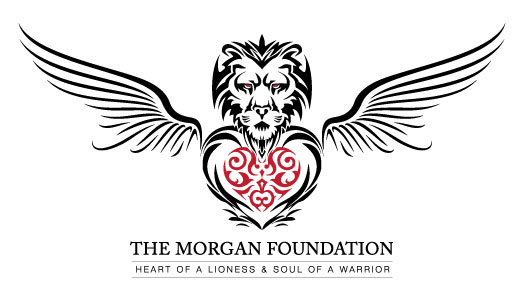Late 80s, early 90s in Dallas, There was this hole in the wall bar around Lemmon Avenue and Wycliff. It was behind a KFC at the time. Can't remember its name for the life of me.
Walked in with friends. Combination of Mexicans, some blacks, a number of women of ill repute. We look up on the wall, and there is a photo of Jerry Jones and the owner, smiling, arm in arm. We instantly decided this place is for us. Nothing happened that trip but ...
I took my younger brother there one night. Cheap beer is flowing like gentle rain from heaven. A relatively ok looking trollop starts to get sweet on my brother. He then asked me for my car keys (it was an old, 1984 Mercedes 240D.) He said, I"m about to get my $20 worth!
So, about 5 minutes after they left, I stroll outside, see his head in the backseat, walk over, the trollop is blowjoying him in the backseat... Jebus.
I go back inside, have a beer and wait. Not too long afterwards, they both come back in, walk up to me. Well, she has braces on her teeth.
I look at him and simply ask, "Uh James. you got any scrape marks down there bro? Do you need to get a tetanus shot? She failed to see the humor.
I think that place burned down. I'm sure the insurance company probably rubbed up against the owner's gambling and drug debts and produced a spark.


